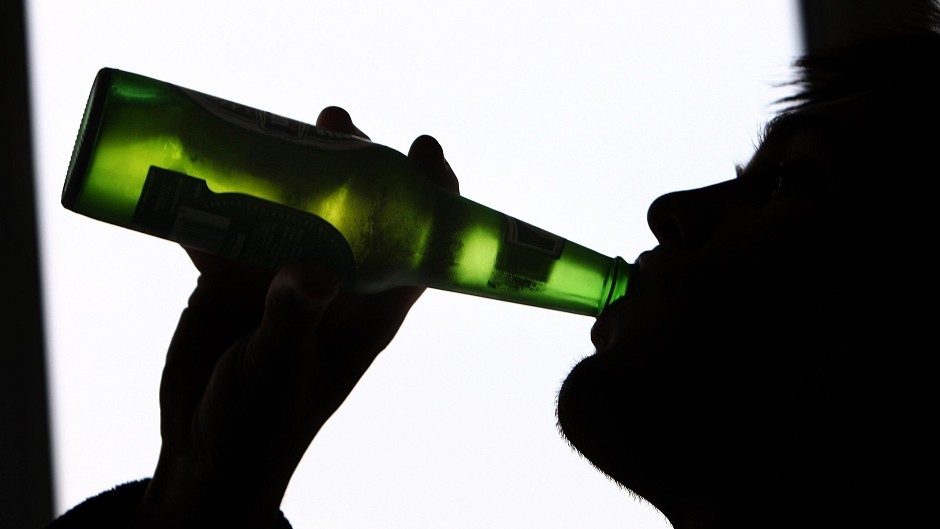People living in poorer parts of the north-east are far more likely to struggle with alcoholism, the report has found.
The public health director states that admissions to hospital for alcohol misuse are six times greater among people from the most deprived areas, when compared to the least deprived areas.
In addition, more than 7,000 people across the Grampian health board region received support and advice for their drinking during 2014/15, although this represents a reduction from previous years.
The number of alcohol-related deaths has also reduced but not to the same degree.
Last night, North East Scotland MSP Alex Johnstone called for more education to help tackle the health and addiction problems associated with alcohol.
Mr Johnstone said: “It’s disappointing to have it confirmed that alcohol abuse is a problem that seems to be heightened in areas of deprivation.
“Even in the north-east, where the number of areas of deprivation are perceived to be less, that statistic still appears to be the case.
“This is further evidence that the real way to deal with the problem is through education and engagement, and not taxation measures.
“If those with the least resources are consuming the most alcohol then clearly using minimum pricing as a means of preventing consumption is not going to be successful.”
Last year, the health board objected to 22 out of 80 license applications lodged in Aberdeen during 2014/15.
Of these, five were refused by the city’s licensing board, while nine were only granted subject to additional conditions.
The health board also works with Aberdeenshire and Moray councils’ licensing boards.
Meanwhile, the report also identifies smoking as a health issue which is more common in poorer communities.
The report found that people from the most deprived communities in Aberdeen are about eight times more likely to smoke compared to people in the more affluent parts of the city.
Over the past year, there have been just under 7,000 “quit attempts” made using the health board’s smoking cessation services.
Of those who set a quit date, 39% were still not smoking at four weeks, with 23% still not smoking at 12 weeks.
